Ex Katsina Gov, Aminu Masari Frowns At Unrealistic Campaign Promises, Wants Them Challenged
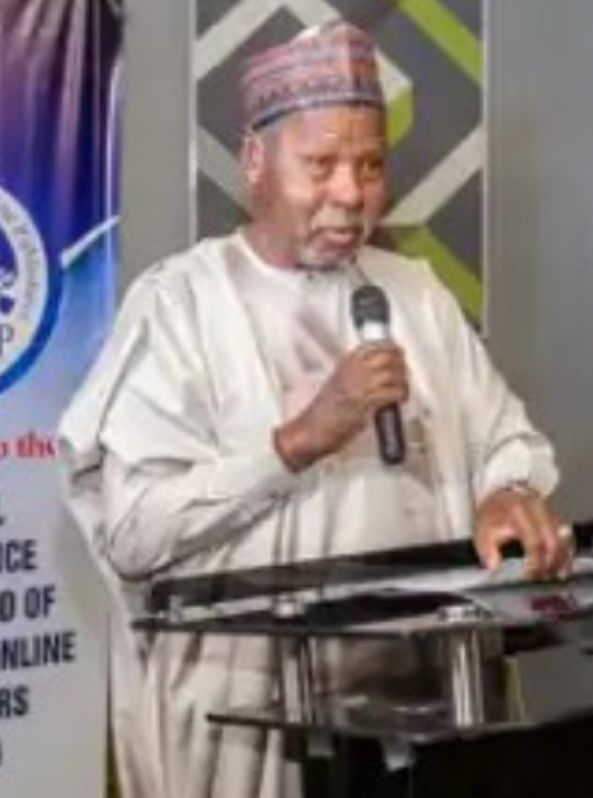
“Unrealistic pledges made (by politicians seeking for elective positions) merely to capture the mood of the electorate should be challenged and exposed. Only then can we begin to elevate our political culture and make sure that the process justifies the end.”
Delivering a Keynote Address at the 9th Annual Conference of the Guild of Corporate Online Publishers (GOCOP) in Lagos, yesterday, October 9, where he made the observation as quoted above, the immediate past Governor of Katsina State, Aminu Bello Masari lamented the yawning gap between political campaign promises by politicians and realities of governance.
He insisted on political actors campaigning with responsibility, and that such campaign promises should be realistic and achievable within the available resources.
Aminu Masari, who is also former Speaker of the Federal House of Representatives, spoke on the theme: “Reconciling Campaign Promises with Governance Realities: Challenges and Prospects.”
He said that governance must be anchored on strong institutions, adding that with capable institutions, policies can be implemented more consistently and transparently.
Masari wants politicians to imbibe honest communication with citizens, insisting that leaders should explain the trade-offs on why certain promises may take longer, why resources must be reallocated and how progress would be measured.
“Citizens themselves, including civil society and the media, must understand realities and properly communicate those realities in addition to holding leaders accountable. They should track promises, and demand transparency instead of creating sensational headlines to attract followers, especially now that the number of followers translates into monetary gain.”
Looking at the challenges before political leaders in fulfilling campaign promises, the former Katsina State governor named limited resources, competing demands and unexpected crises as the culprits.
“Many manifestos are aspirational documents, not grounded in the reality of available resources or institutional capacity. “Fiscal constraints are also a big factor. Campaign promises hinge on the resources available to any country. In many African nations, and more specifically in our case, budgets are still heavily dependent on a single commodity: oil. Yet, as we all know, the price of oil is beyond our control. It is volatile, shaped by global market forces, geopolitical tensions and other complex and unpredictable factors.”
Masari said that beyond resource volatility, there are also unforeseen emergencies that force governments to reorder priorities, citing COVID-19 as an example.
He said that such emergencies consume time, energy and resources and can compel governments to suspend plans and promises across all sectors, resulting in campaign promises suffering in the long run.
“Here in Nigeria, insecurity remains a persistent challenge. It undermines production, disrupts livelihoods and reduces national revenues. It compels the government to divert enormous resources toward security operations. Another major issue is weak institutions. Even when funds are available, corruption, bureaucracy and inefficiency can derail delivery.”
He said that reconciling campaign promises with governance realities is not just about avoiding embarrassment for politicians but about protecting the integrity of democracy itself.
The keynote speaker warned that if citizens repeatedly see promises made and broken, they lose faith in the system.
“But if they see even modest progress explained honestly and delivered consistently, they will continue to believe in the promise of democracy. Let our promises be realistic, our expectations be modest, our governance transparent and our accountability strong. In doing so, we can transform hope into progress, and democracy into a vehicle of real change.”
He commended the National Executive Council (NEC) of and the entire members for Conference, providing a strong platform for the people to have honest conversations about the future of democracy in the country.
“This is journalism at its best, and more specifically GOCOP in this digital age, becomes indispensable. You and your profession are the bridges between the leaders and the people. You shape narratives, hold leaders accountable and track progress.”
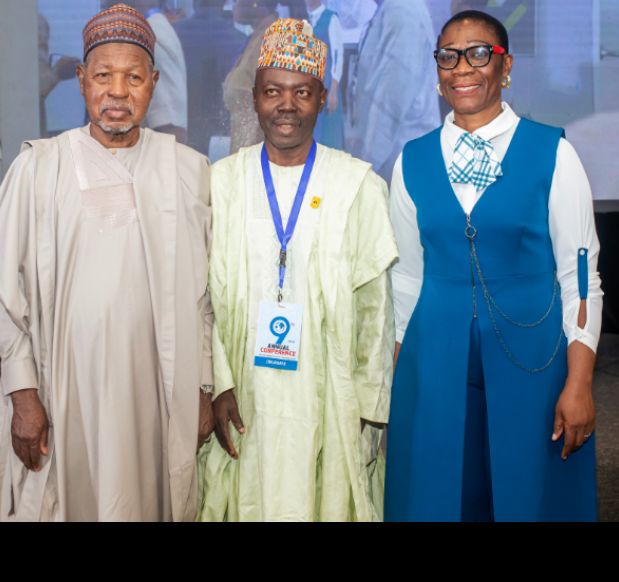
Masari (left), with the new President, Danlami Nmodu mni (in the middle) and his immediate predecessor, Dr. Maureen Chigbo (right) of the Guild of Corporate Online Publishers (GOCOP).




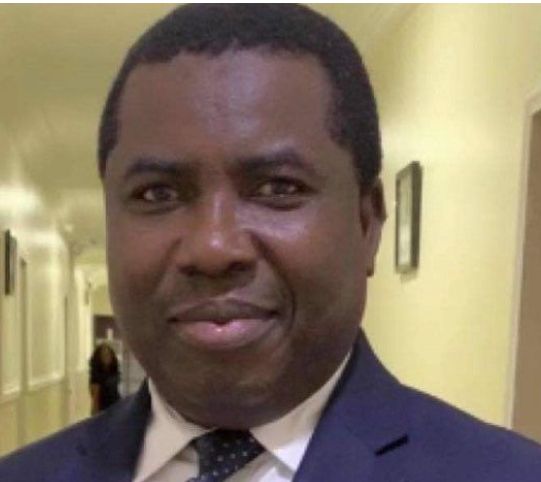


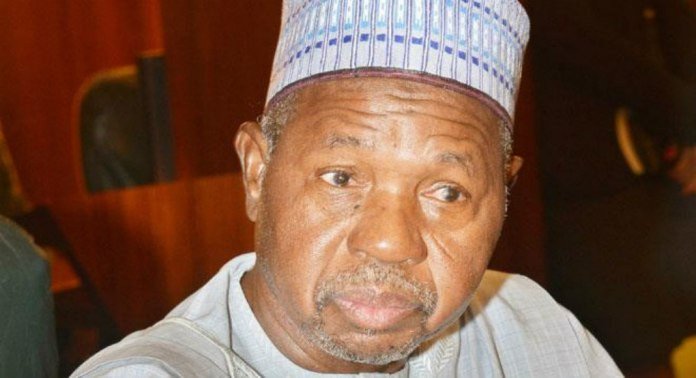
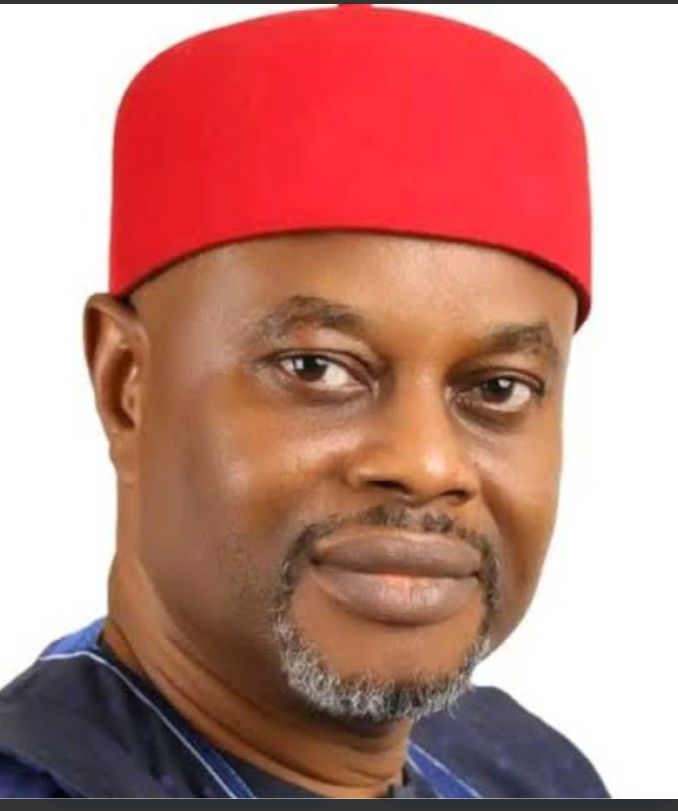
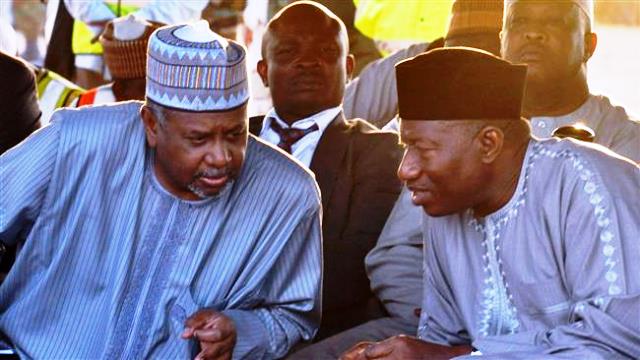 I acted based on Jonathan’s instruction – Dasuki
I acted based on Jonathan’s instruction – Dasuki

Nigeria: When Government Becomes Organized Crime, By Sa’adiyyah Adebisi Hassan
And now, the new gospel is “revenue generation.” Not wealth creation, not value addition, not human development just squeezing impoverished citizens of whatever crumbs are left for their survival. New taxes, higher tariffs, endless levies, all imposed on a population already crushed by hunger, unemployment and insecurity.
Let’s stop pretending: when the focus of governance is only to collect revenue without creating value, what you have is not government. What you have is an extortion racket. What you have is a gang of criminals wearing the cloak of legitimacy, backed by the law to rob citizens in broad daylight.
Governments exist to build, to create, to expand opportunity. Criminals exist to loot, to drain, to destroy. Nigeria’s tragedy is that its government has blurred the line so completely that you can no longer tell the difference.
Eight years wasted on cows instead of classrooms.
Millions of dollars wasted on a phantom airline instead of hospitals.
Citizens punished with taxes instead of empowered with jobs.
This is not mismanagement. It is systemic looting, packaged as governance.
When government stops being a platform for service and becomes a tool for legalized robbery, destruction is inevitable. No economy can survive when its rulers act like bandits. No society can thrive when leaders drain instead of deliver.
Nigeria is not short of resources. It is not short of talent. It is only short of honest leadership. Until that changes, every so-called “policy” will simply be a new scam in disguise.
So, call it what it is: not government, but organized crime with a constitution.